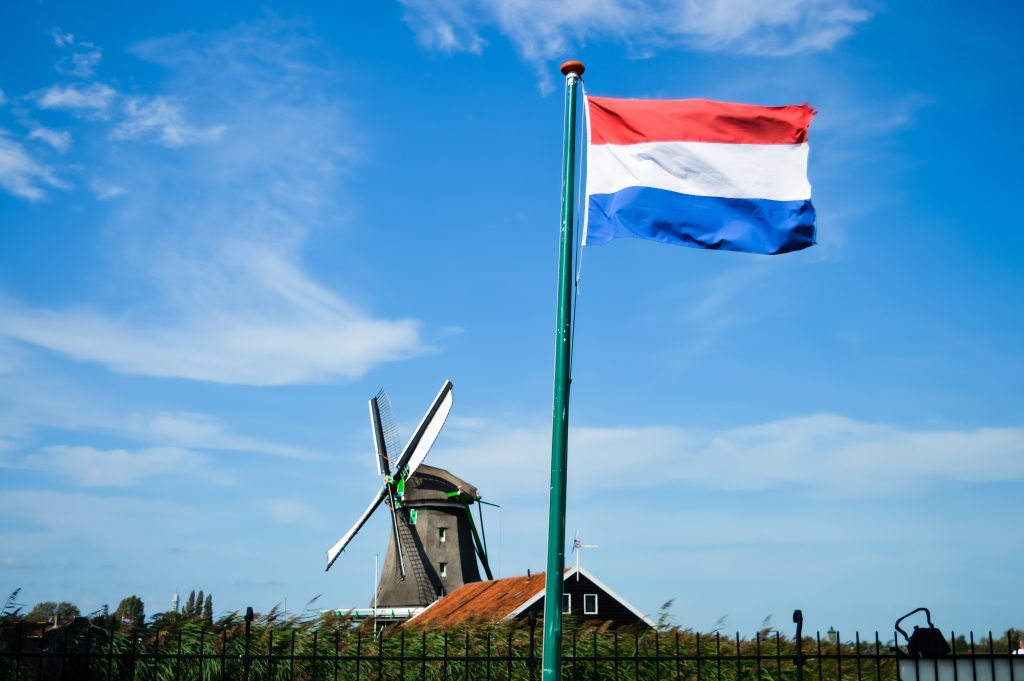Tech platform Seenons is one of the Dutch companies that raised its voice at COP28. CEO and founder Joost Kamermans, along with colleague Impact Specialist Merel Schaap, embarked on a mission to discuss the impact of waste on the climate. Strikingly, amidst all negotiations and events, one impactful theme is missing: the circular economy to preserve scarce materials and prevent the loss of valuable resources. Joost spoke with, among others, Minister of Health Ernst Kuijpers and former Sky News presenter Andrew Wilson about sustainable waste management and the urgent need for legislation to reduce, reuse, and recycle. There is interest in the zero waste theme, but Seenons concludes at the Climate Summit: there is work to be done.
Zero waste theme missing at COP28
Seenons departed with a clear point of view towards COP28. An important focus with which CEO and founder Joost Kamermans initiated the conversation is the reuse and recycling of materials rather than producing new ones. A staggering 45% of CO2 emissions come from the production of new material. In addition, zero waste management – besides having a positive impact on the climate – should be better for our wallets. With the current waste of materials, both costs and environmental consequences await us if we do not take action.
Joost Kamermans: “It’s very interesting to discuss the zero waste theme with other entrepreneurs, ministers, and impact makers at the global climate conference. Especially because there is a lack of attention at COP28. It is incomprehensible when you consider that the production of new material – and the waste it generates – has a tremendous negative impact on the climate. Therefore, it is extra valuable that we from Seenons are present here to put this theme more on the map. The interview with former Sky News presenter Andrew Wilson provides extra support to continue the conversation after COP28 with companies and governments.”
Legislation and investment towards a circular economy
Positive is to find out the interest in both companies and governments to make the waste system more sustainable. This was evident in a conversation between Seenons and Dutch Minister of Health, Welfare, and Sport Ernst Kuipers. Sustainable waste management in healthcare is much needed; 7% of CO2 emissions come from this. Introducing appropriate legislation and incentives to make materials more valuable is crucial. This will encourage companies to set up systems for recovering materials and strive for a circular production process.
To make reuse and recycling more accessible and affordable globally, Seenons advocates for investments in reuse and recycling facilities. For example – a gradual annual increase in the minimum percentage of recycled materials, helps society make progress towards a circular economy.
After attending the Climate Summit, for Seenons it has become even clearer: the circular economy must be stimulated from various angles because, in the long run, there is simply no alternative.
Featured Photo by João Guimarães on Unsplash.



